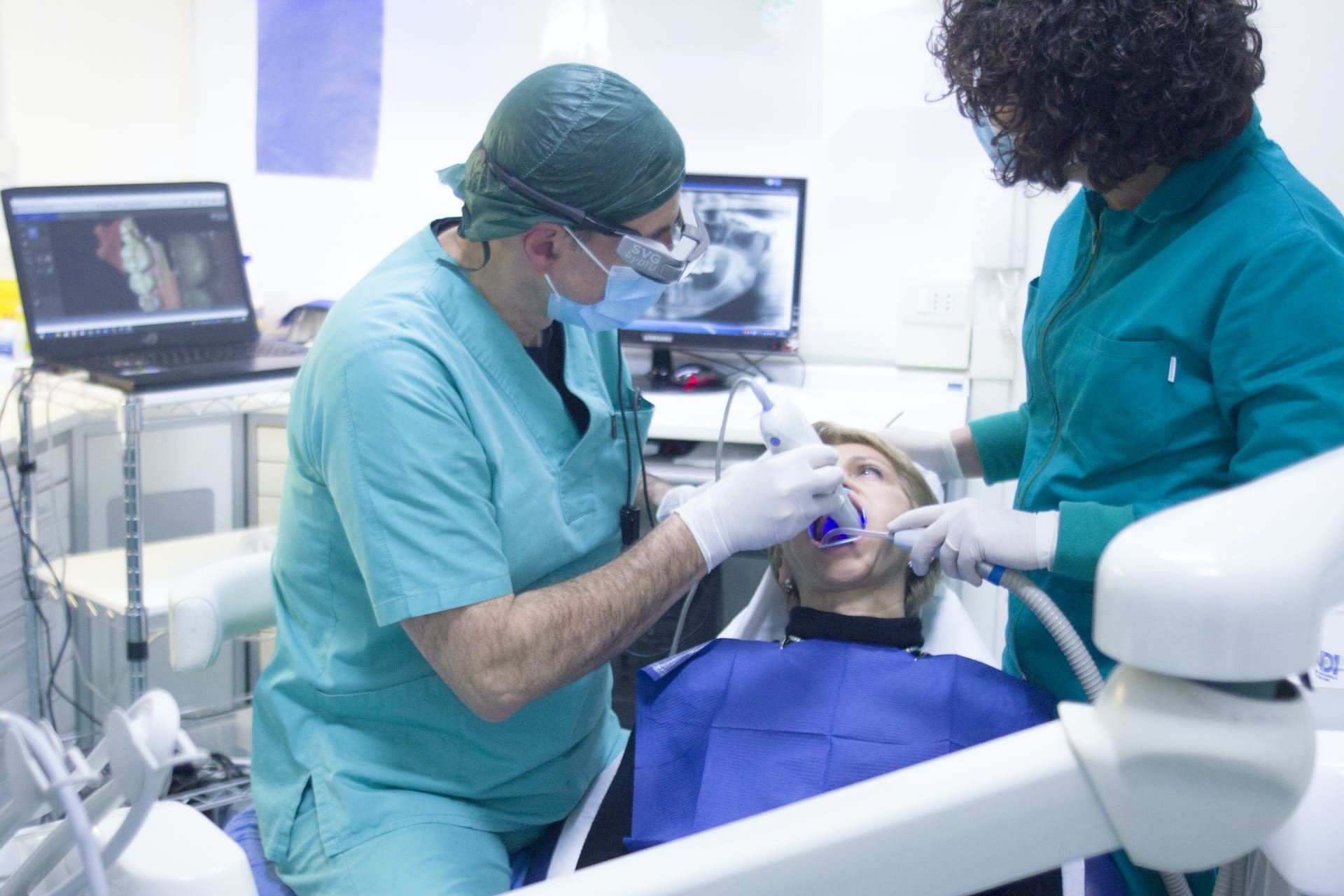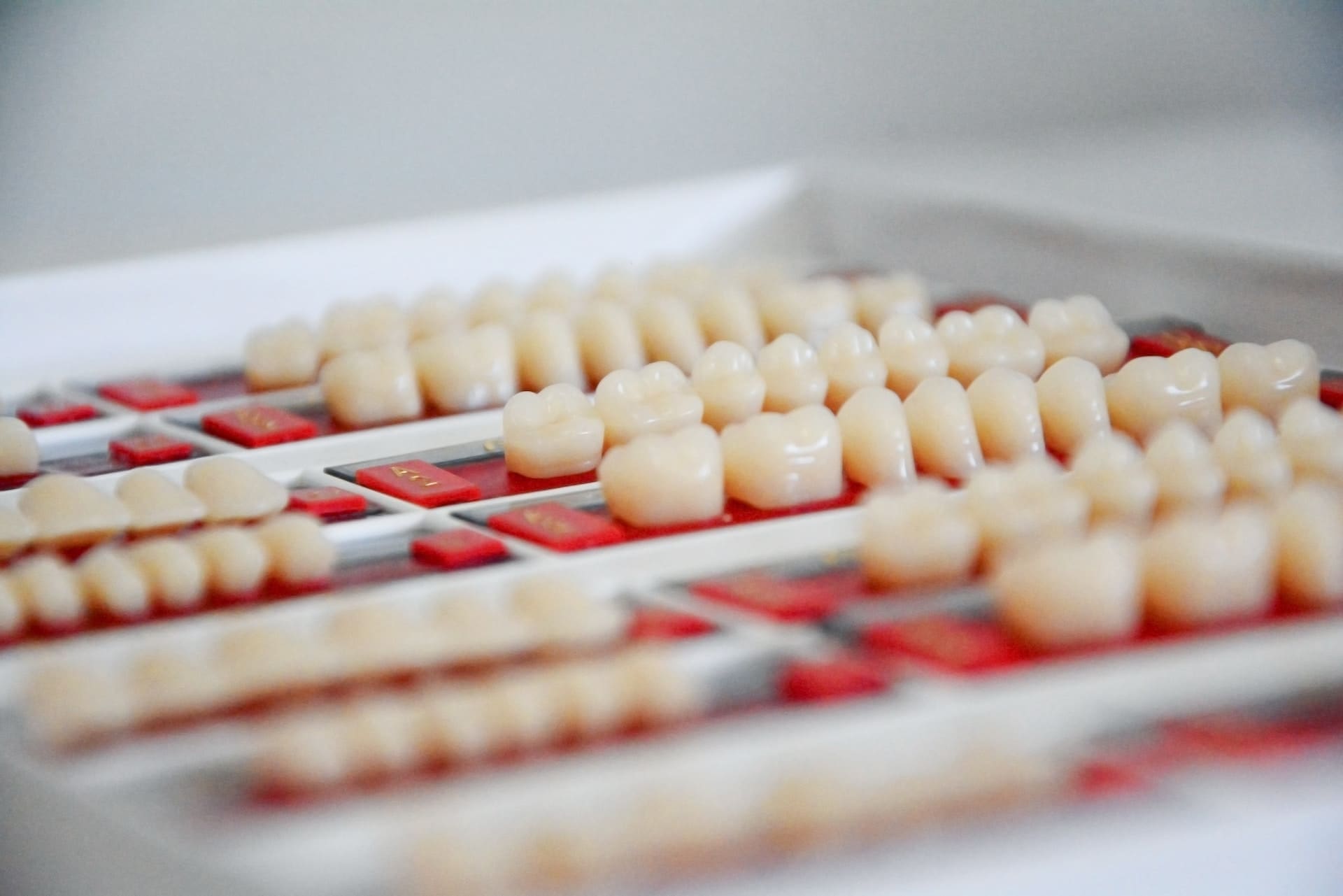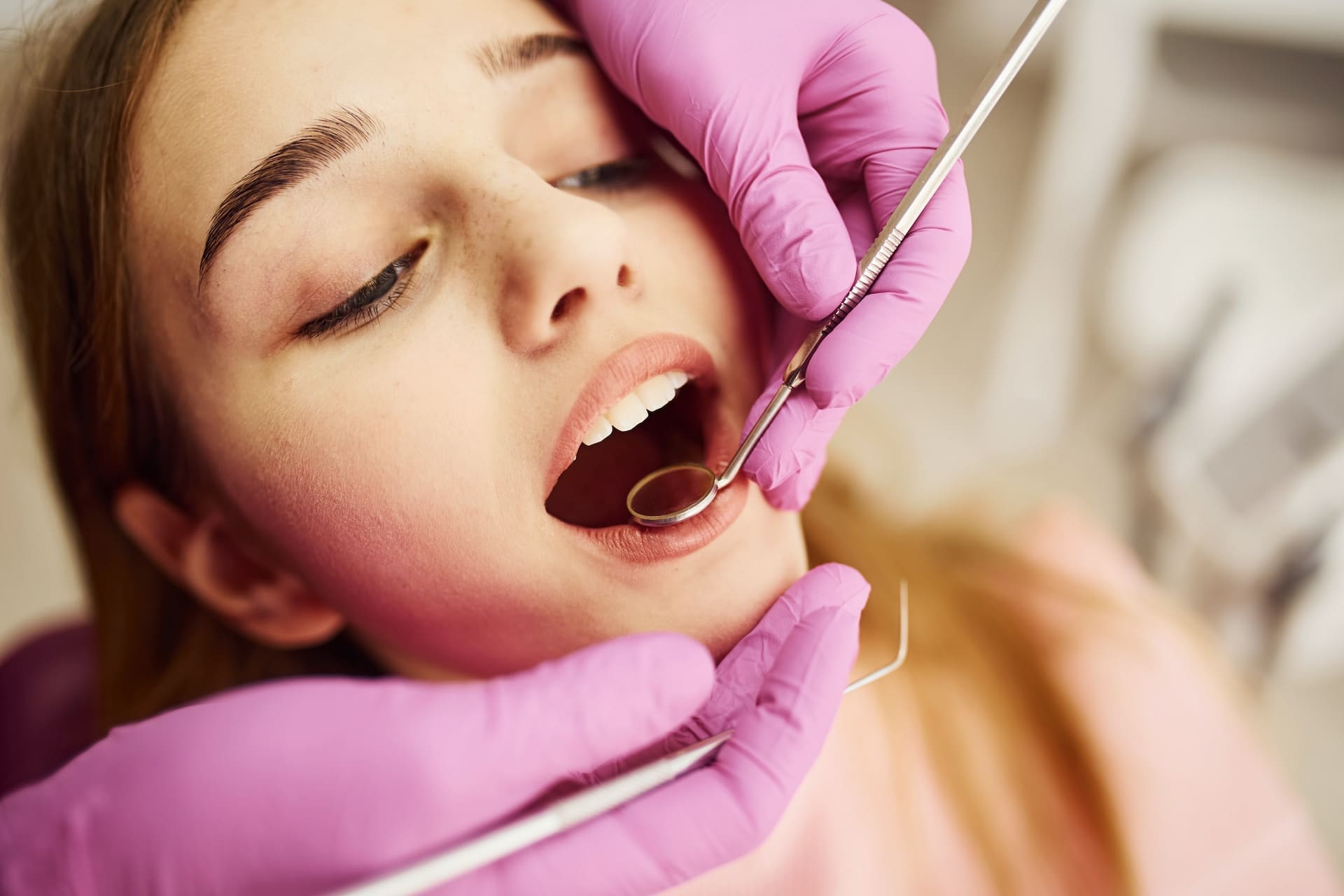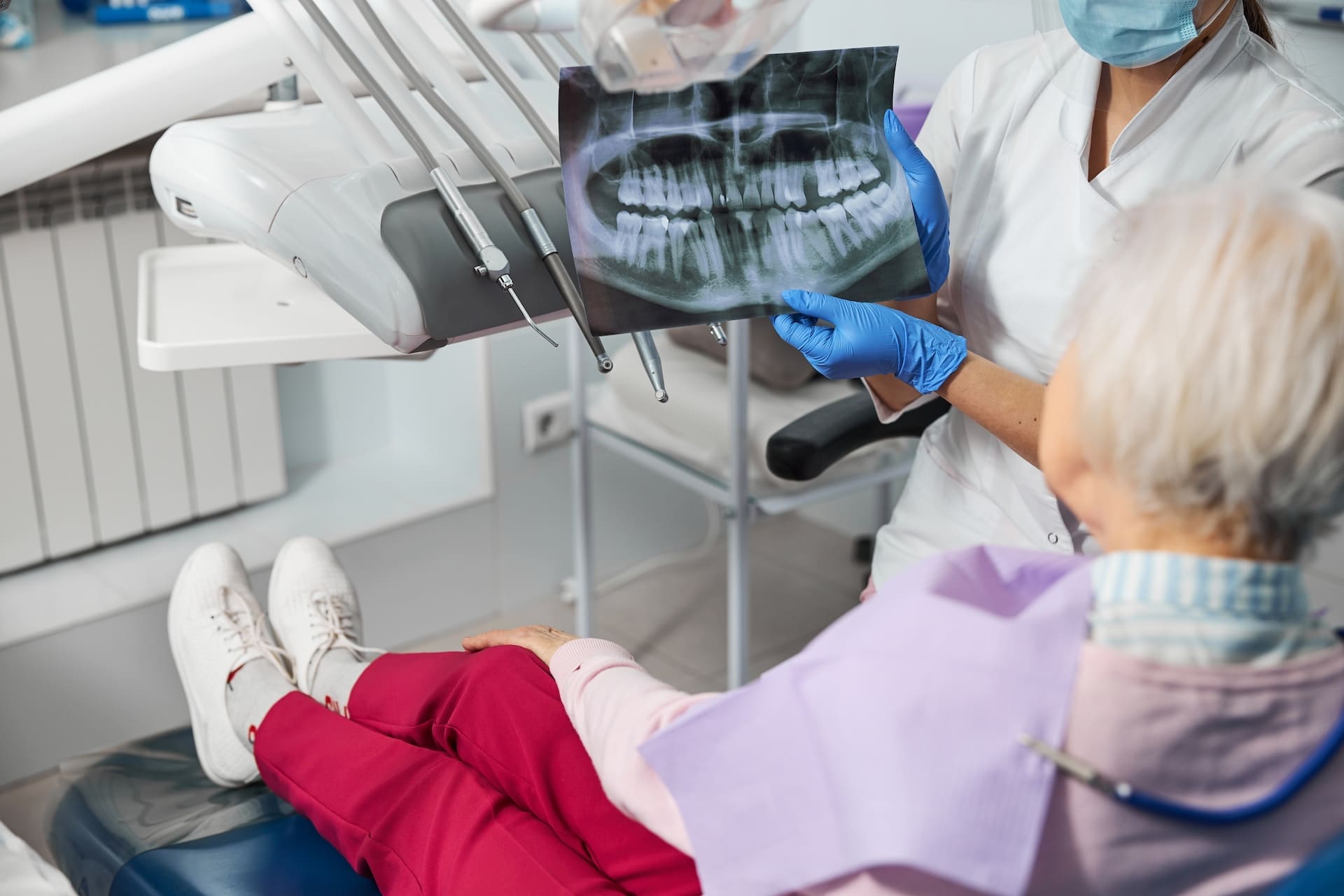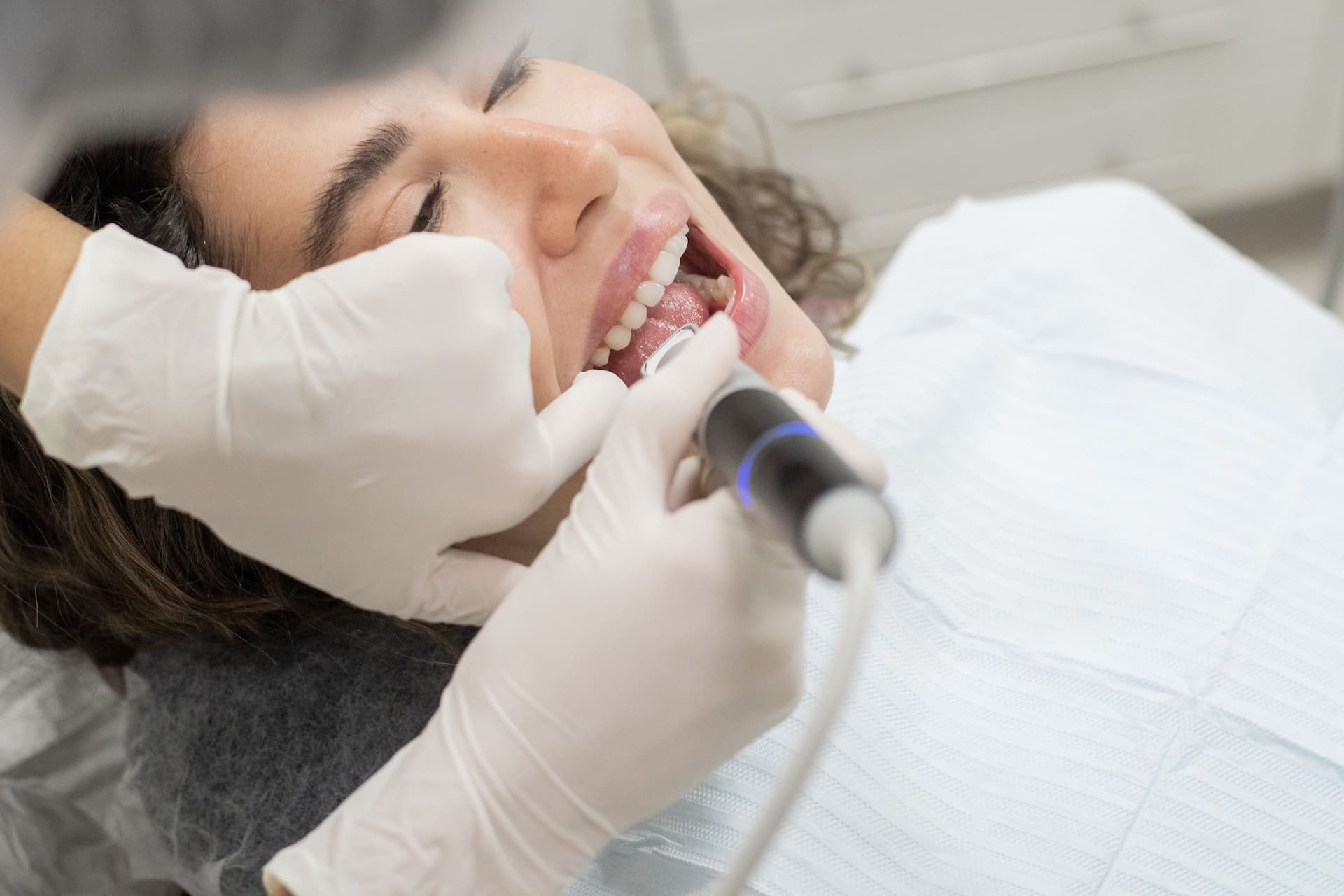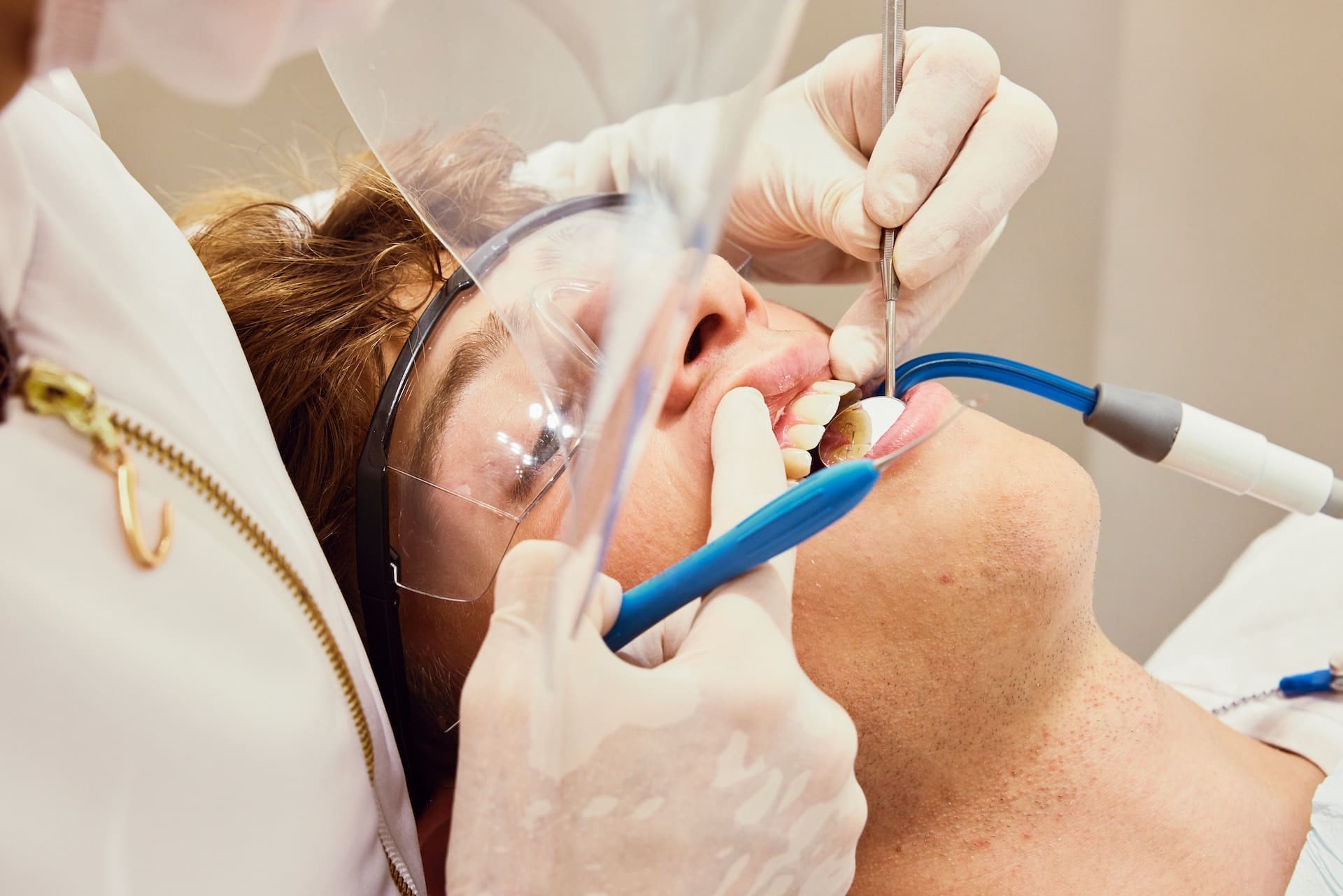Discover the Power of Teeth Whitening: A Comprehensive Guide to a Brighter, Confident Smile
Teeth Whitening Options: Choosing the Right Treatment
Teeth whitening can be achieved through various methods, including over-the-counter products and professional in-office treatments. Each option offers distinct advantages and outcomes:- Over-the-Counter Whitening Products: These are readily available and include whitening toothpaste, strips, gels, and trays. While they can be more affordable, their effectiveness is limited, and they often take longer to deliver results.
- Take-Home Professional Whitening Kits: Customized by your dentist, these kits include personalized trays fitted to your teeth, allowing for a more even and effective whitening process. Results typically appear within a few weeks of consistent use.
- In-Office Professional Whitening Treatments: Performed by your dentist, these treatments use higher concentrations of whitening agents and specialized equipment, achieving faster and more dramatic results. In just one session, teeth can be lightened by several shades.
The Advantages of Professional Teeth Whitening: Elevating Your Smile
By opting for professional teeth whitening treatments, you benefit from numerous advantages:- Rapid and Effective Results: In-office whitening treatments provide immediate and significant results, up to several shades brighter, in only one session.
- Customized Treatments: Your dentist will assess your teeth and recommend the most suitable whitening technique, ensuring optimal results tailored to your unique needs.
- Improved Safety and Comfort: Professional treatments minimize the risk of gum irritation and tooth sensitivity, due to the careful application of whitening agents and protective measures taken during the process.
The Teeth Whitening Process: A Step-by-Step Guide
The in-office professional teeth whitening process typically follows these steps:- Initial Consultation: Your dentist will evaluate your teeth and discuss your smile goals to determine if teeth whitening is suitable for you. Not all types of stains and discolorations can be effectively treated, so it is essential to consult with a professional before undergoing treatment.
- Preparation: Before the whitening procedure, your dentist will thoroughly clean your teeth, removing plaque and tartar to ensure an even result. Your gums and surrounding soft tissues will also be protected with the application of a protective gel or barrier.
- Whitening Treatment: The dentist will apply a professional-grade whitening gel to your teeth, consisting of a higher concentration of hydrogen peroxide or carbamide peroxide than over-the-counter products. In some cases, a light or laser may be used to enhance the effectiveness of the whitening agent.
- Result Evaluation: After your treatment, your dentist will remove the whitening gel and protective barriers to reveal your brighter, whiter smile. They will assess the results and may recommend additional sessions or follow-up treatments depending on your specific needs and desired outcome.
Maintaining Your Newly Whitened Smile: Prolonging Your Investment
To preserve the results of your teeth whitening treatment, adopt the following practices:- Good Oral Hygiene: Maintain regular tooth brushing, flossing, and use of mouthwash to help keep your teeth stain-free and healthy.
- Professional Dental Care: Schedule routine dental cleanings and checkups to maintain overall oral health and professional advice on prolonging your whitening results.
- Mindful Consumption: Limit the intake of staining beverages and foods such as coffee, tea, red wine, and dark berries. When consuming these items, consider using a straw or immediately rinsing your mouth with water to minimize staining.
- Tobacco Cessation: Refrain from smoking or using smokeless tobacco, which can significantly stain your teeth and compromise your teeth whitening results.



